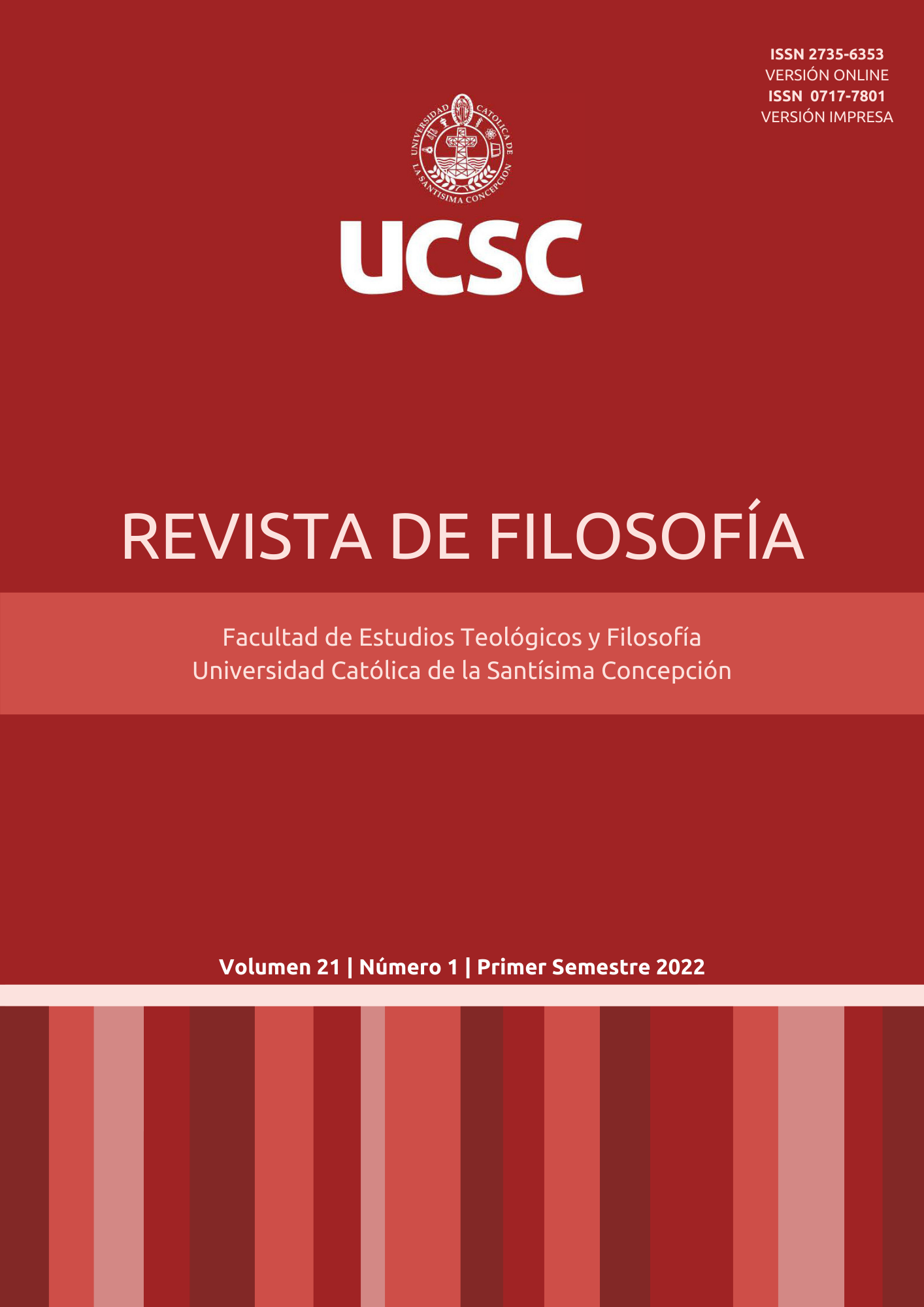Narrative Identity and its reflection in Poetic Dwelling: Space-Time Rootedness from Paul Ricoeur and Martin Heidegger
Main Article Content
Abstract
This research postulates that the Ricoeurian narrative identity and the Heideggerian poetic dwelling can be mutually complemented and enhanced to generate a root that allows us to coexist adequately with the scientific-technological world. In the contemporary world, all aspects of human action have acquired an almost total dependence on technique and its structures of ontic deployment. Within this horizon, each facet of human life undergoes a certain modification, and therefore, an existential affectation. In this sense, our space-temporal experience of the world is also fundamentally modified. As a methodical tool to unfold the dialogue between the narrative identity and the poetic dwelling, the dwelling will be taken as an eminent place to think about the space-time game of the world from where the human being recognizes himself. To achieve this aim, first, this article will describe the way in which the roots of poetic dwelling and narrative identity reiterate, in their own way, our self at the existential ontological level. Secondly, some modalities of space-time affectation caused by the technological-scientific changes of our era will be specified. Finally, as a fundamental objective, it is intended to generate a broad understanding of the reciprocity between narrative identity and poetic dwelling, showing its potential dynamic, conceptual and co-empowerment relationship.
Article Details
Section

This work is licensed under a Creative Commons Attribution-NonCommercial 4.0 International License.
The Revista de Filosofía UCSC is an open access journal and does not charge for publication. In addition, it regulates its Copyright and access policy according to the Creative Commons Attribution-NonCommercial 4.0 International Public License (CC BY-NC 4.0), therefore sharing (reproducing and distributing the material in any medium or format) and adaptation (modifying, transforming, and creating from the material) is allowed as long as proper credit is given and the citation is included with the corresponding data. Moreover, it is not allowed to use the material for commercial purposes.
How to Cite
References
Bollnow, O. F. (1966). El hombre y su casa. La Torre, (54), 11-24.
Contreras Tasso, B. (2014). Los desafíos éticos en la era del conocimiento científico-técnico según la óptica de Paul Ricoeur. Veritas, (30), 9-27.
Han, B. (2015b). Filosofía del Budismo Zen. Herder.
Heidegger, M. (1977). GA 2. Sein und Zeit. Vittorio Klostermann.
Heidegger, M. (1997). Ser y Tiempo. Universitaria.
Heidegger, M. (2000). GA 7. Vorträge und Aufsätze. Vittorio Klostermann.
Heidegger, M. (2010). Arte y poesía. Fondo de Cultura Económica.
Heidegger, M. (2017). Filosofía, Ciencia y Técnica. Universitaria.
Husserl, E. (2012). La idea de la fenomenología. Herder.
Grondin J. (2019). Paul Ricoeur. Herder.
Mujica, H. (2015). La palabra inicial. Universidad de Valparaíso.
Ricoeur, P. (1958). L’aventure technique et son horizon interplanétaire. Christianisme social, (66), 20-33.
Ricoeur, P. (1991). Postface au Temps de la responsabilité. En P. Ricoeur Lectures 1 (pp. 271-294). Seuil.
Ricoeur, P. (1999) Lectures 2. Paris: Seuil
Ricoeur, P. (2002). Arquitectura y narratividad. Dossier, 9-29.
Ricoeur, P. (2006). Sí mismo como otro. Siglo XXI.
Ricoeur, P. (2009a). Tiempo y Narración I. Siglo XXI.
Ricoeur, P. (2009b). Tiempo y Narración III. Siglo XXI.
Rilke, R. M. (2001). Las elegías de Duino y otros poemas. Universitaria.




